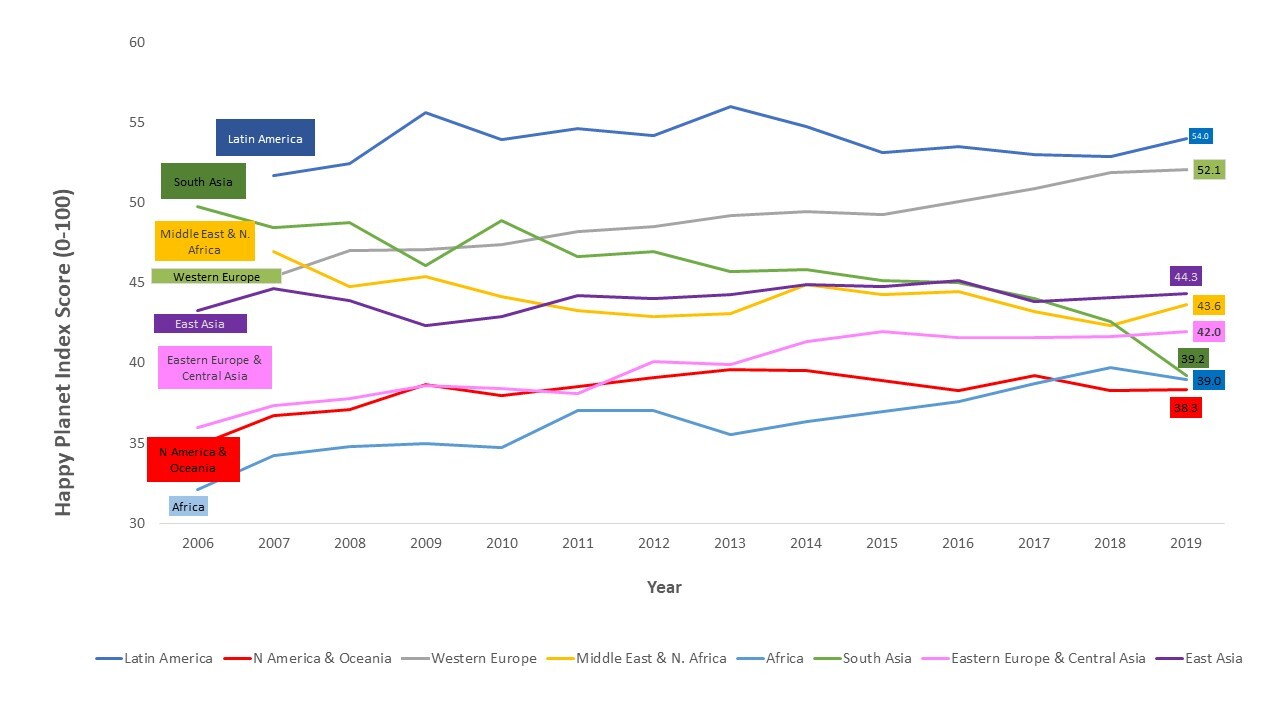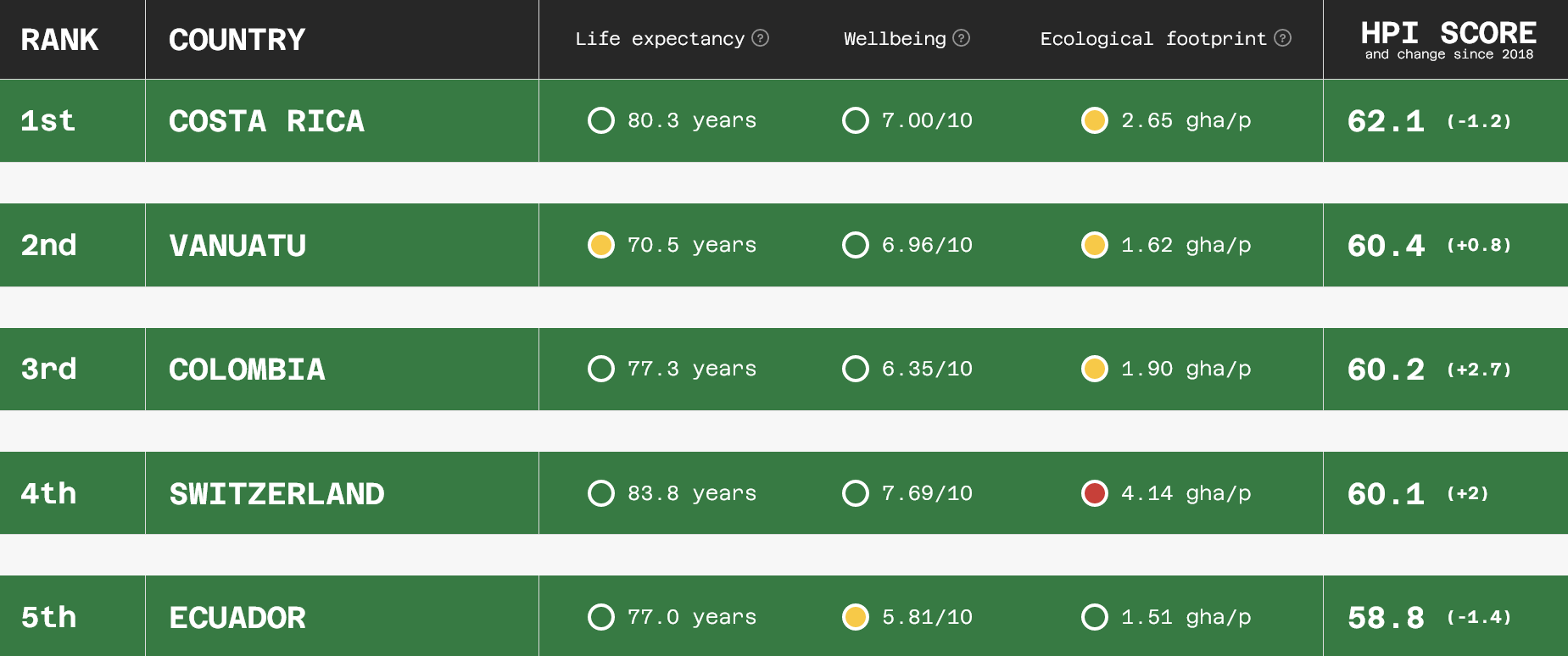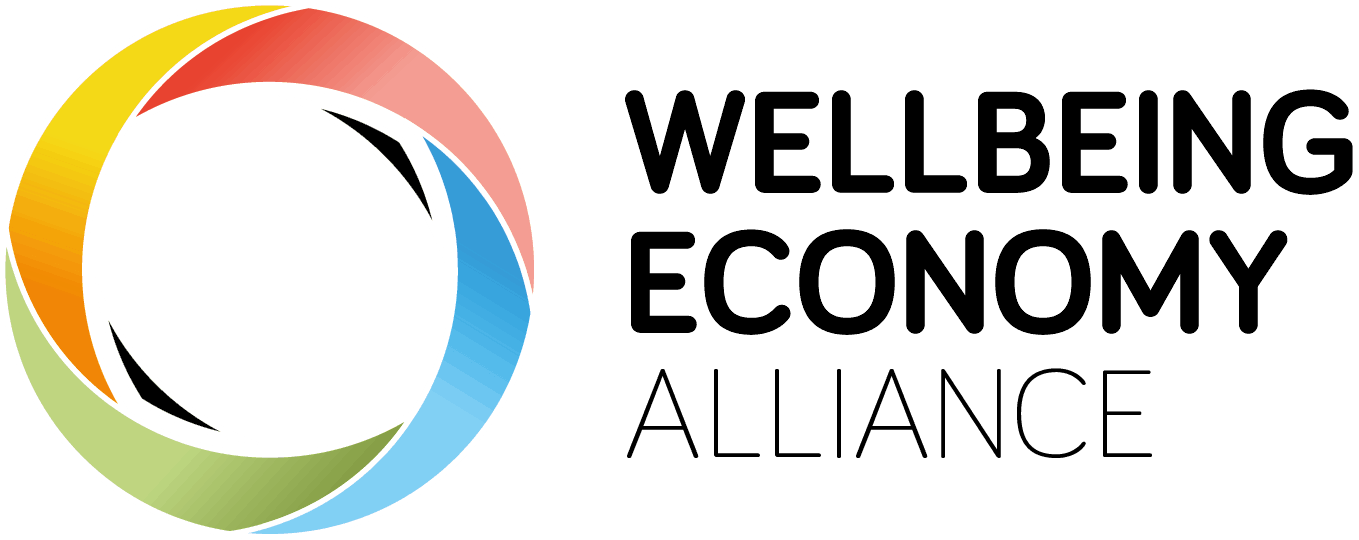ABOUT THE Project
The Happy Planet Index (HPI) helps to answer the question: “Is it possible to live good lives without costing the Earth?”. It provides a compass to guide nations towards genuine progress.
The HPI was first developed in 2006 by Nic Marks and colleagues at the New Economics Foundation. It turned conceptions of progress on their head, ranking the small Pacific island nation Vanuatu as the country that came closest to achieving sustainable wellbeing at that time. It has been updated four times since then and received global acclaim and interest.
As of March 2023, Hot or Cool is responsible for future updates of the HPI, with the first update planned for 2024.
Read more
The HPI combines three indicators: life expectancy, experienced wellbeing (based on survey data from the Gallup World Poll), and ecological footprint (as calculated by the Global Footprint Network). These indicators are sourced for as many nations as possible. Life expectancy and experienced wellbeing are multiplied together to calculate ‘happy life years’. This figure is then divided by ecological footprint to measure the ecological efficiency with which these happy life years are achieved. Statistical adjustments are made to ensure no single indicator dominates the calculations.
Download the Methodology paper to find out more.
Every society clings to a myth by which it lives. Ours is the myth of economic growth. – Tim Jackson, Chasing Progress, 2004
The crises we face: persistent inequalities, accelerating climate breakdown, and rapid biodiversity loss are interconnected and stem from the same core problem: our economies are structured, governed, and measured to promote short-term economic growth over long-term collective wellbeing. Too often governments prioritise accelerated economic growth above all other concerns. They lose sight of what truly matters – long, happy, sustainable lives for people around the world.
Our current economic system is driven by a ‘growth at all costs’ mentality, as measured by Gross Domestic Product (GDP). There is an entrenched belief that GDP growth is synonymous with increasing wellbeing and prosperity and is universally beneficial.
In reality, GDP growth on its own does not mean a better life for everyone, particularly in countries that are already wealthy. It doesn’t take into account inequality, the things that really matter to people like social relations, health, or how they spend their free time, and crucially, the planetary limits we are up against.

Read about the HPI Methodology











